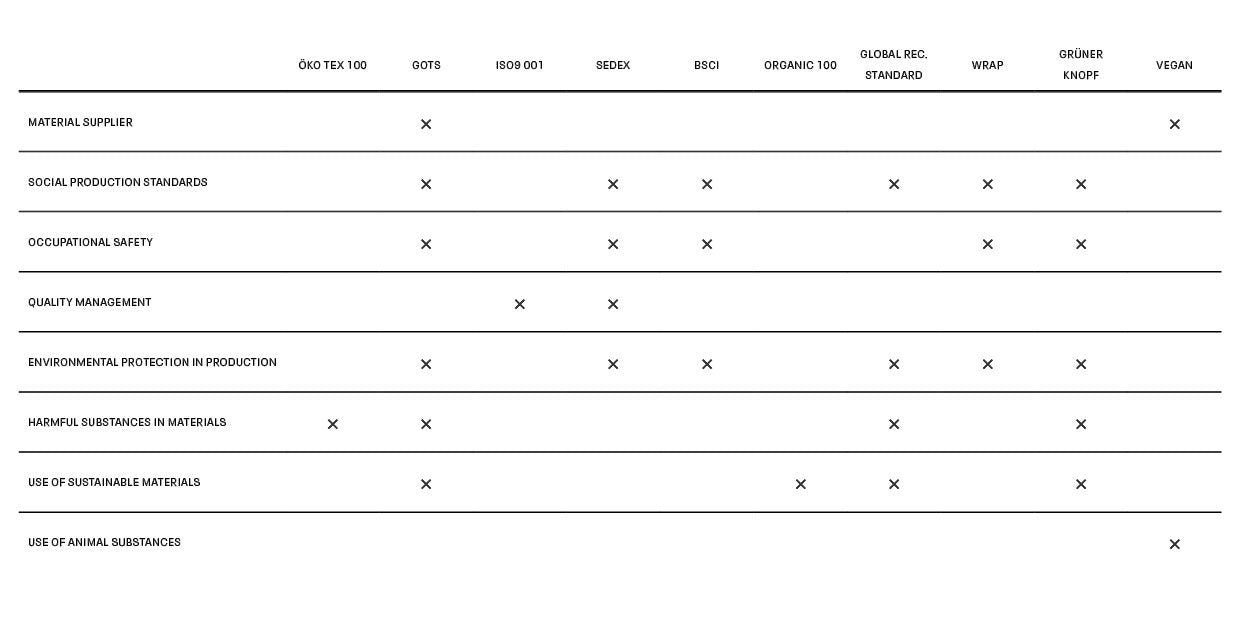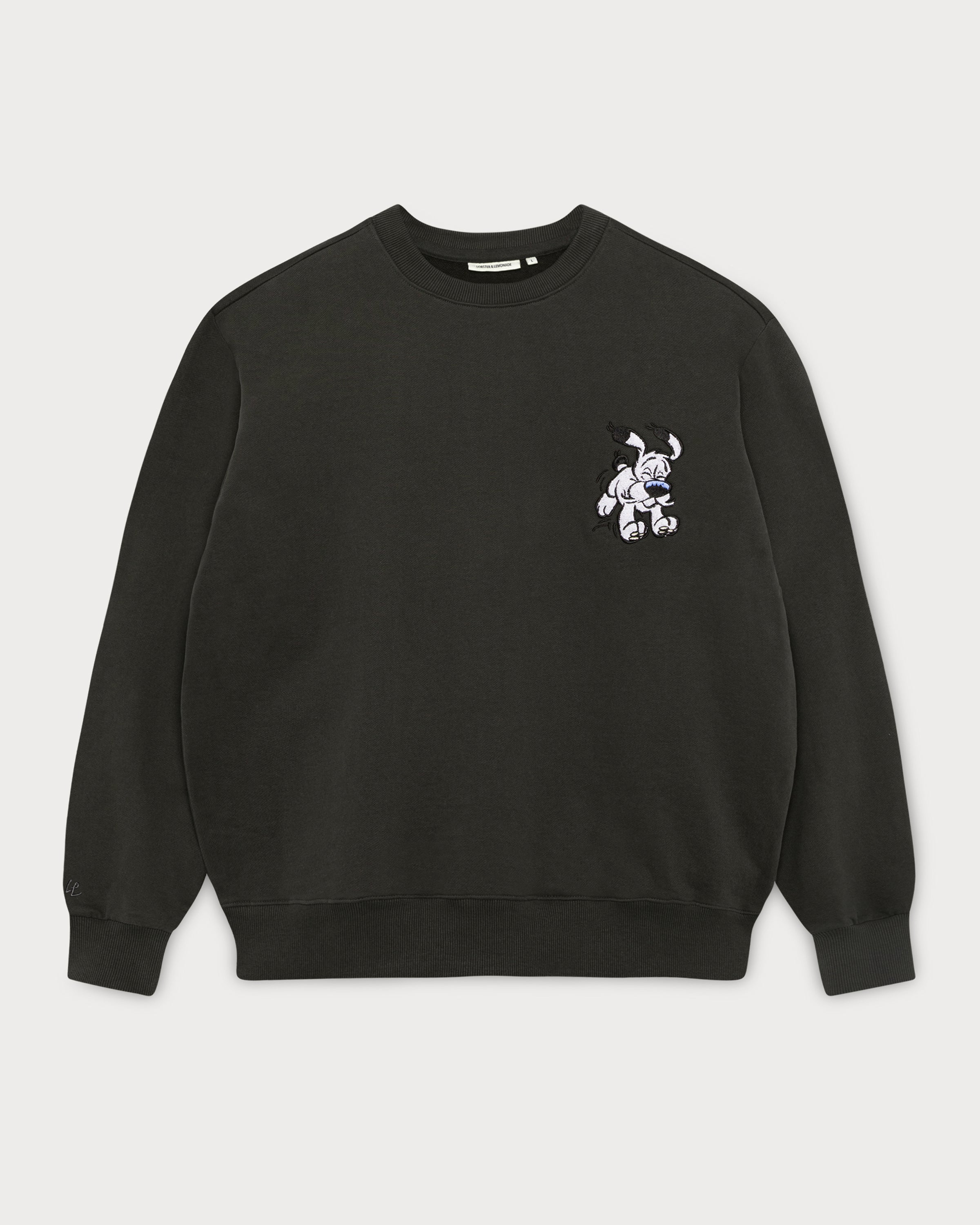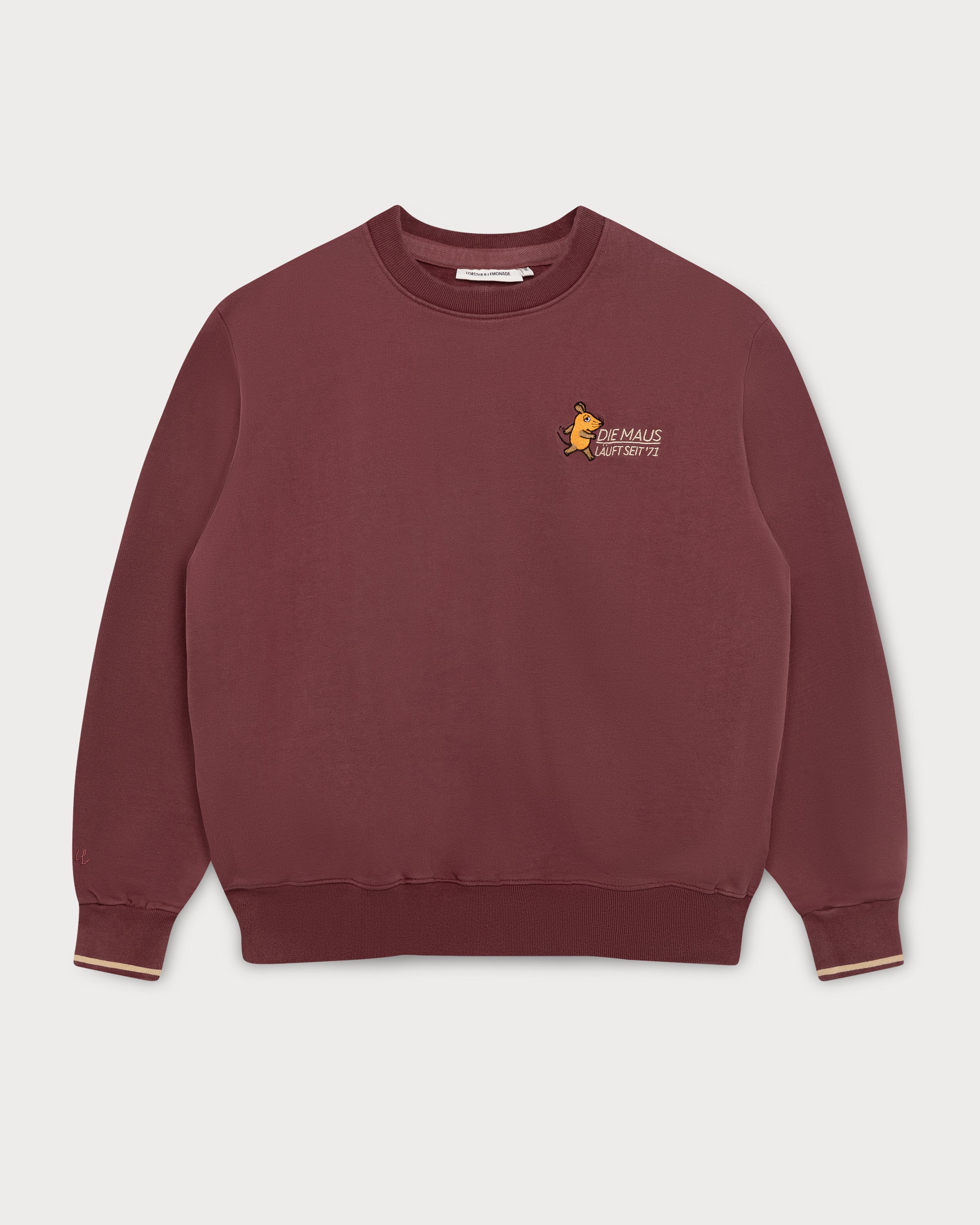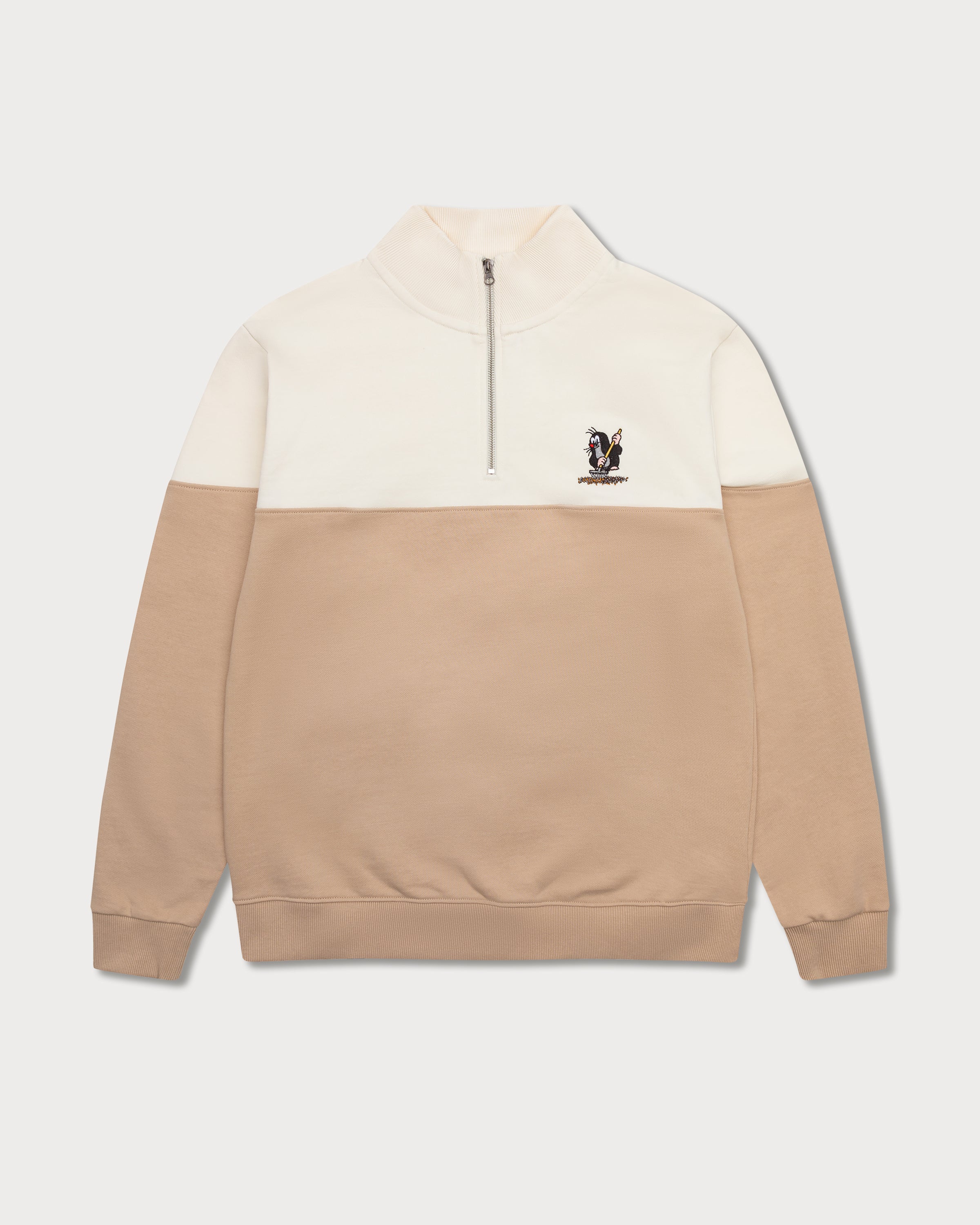Sustainability
It's undisputed that the fashion industry must become drastically more sustainable. Both small and large companies have a responsibility to do this. But consumers can also make a difference through a conscious and sustainable approach to clothing and consumption. Our goal is to create clothing that people wear with joy and conviction for a long time.
With our sustainability approach, we aim to provide the necessary transparency and education to give every customer the basis for a conscious purchasing decision. The concept is divided into the 4 C's, which are explained in more detail below:
Consciousness, Collaboration, Contribution, Commitment.
Textile certificates

L&L product icons

ORGANIC
The raw materials used come from certified organic farming.

DURABLE
The workmanship and durable materials make it suitable for particularly long-term use.

NATURALLY
The product is made of natural and non-synthetic fibers. Excludes: finishing, labels, and closures.

PLASTIC-FREE
The main components of the product and packaging do not contain any plastic. Except for labels and closures.

RECYCLED
The product is made entirely or partially from recycled materials.

OFFICIALLY
The use of logos or characters is authorized by an official cooperation or license.
Textile properties
Our production sites
We also utilize digital communication channels and adhere to thorough planning with our production partners. All of our foreign production partners already work on shared digital platforms, which significantly improves efficiency and eliminates a significant amount of sample deliveries.
As soon as the products are available for sale, we naturally want to offer you the best possible shopping experience and offer customers the option of fast delivery and free returns. Here, too, both sides are involved in minimizing shipping and thus CO2 emissions. We continue to strive to improve the information on product information and fits and, in turn, want to encourage customers to order consciously and carefully to avoid unnecessary shipping. In addition to environmental aspects, social issues must not be ignored. The positive trend toward "green" products, and the usually associated higher material costs and more expensive manufacturing processes, cannot come at the expense of other people. In particular, production workers and those affected by the amount of waste must be protected. Good and fair cooperation and support for internal development measures for production employees are out of the question for us. Furthermore, we strive for partnerships with independent social organizations. In particular, we seek partners who are deeply involved in specific topics and can achieve effective and sustainable results through their expertise.
Commitment
Starting in 2021, we have committed ourselves to making annual improvements in the areas described above : more sustainable products, environmental protection , and social responsibility . To ensure that this doesn't just stop at nice words and lofty plans, we want to openly communicate our actions. Below, we've listed our progress in a way that everyone can understand.






























